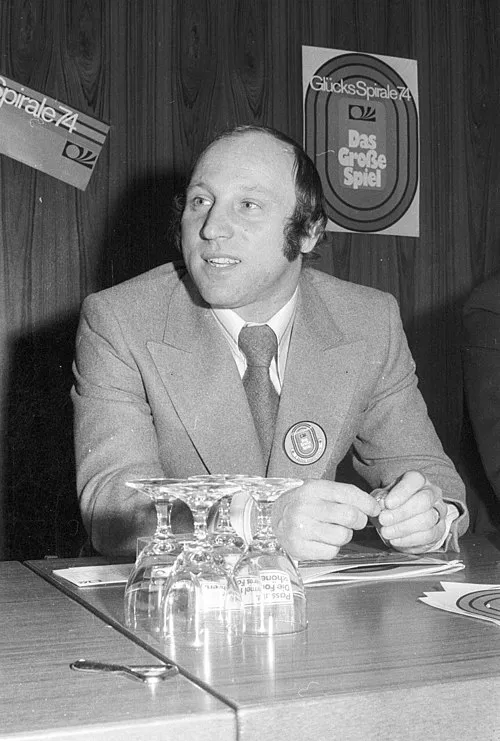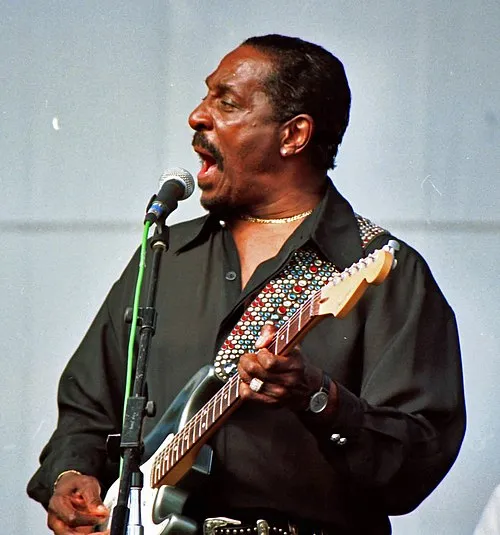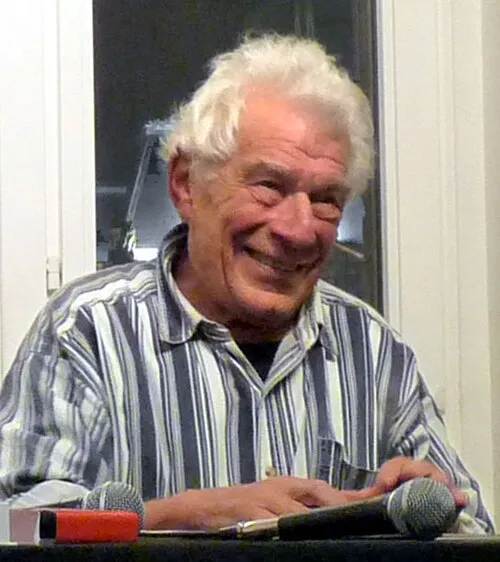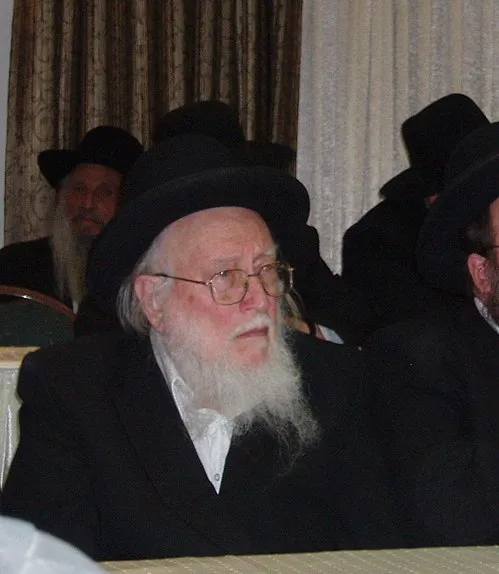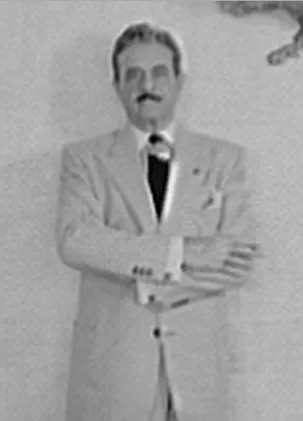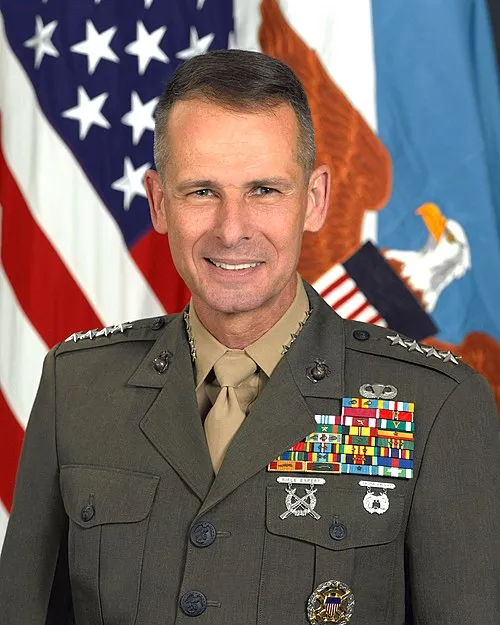
Full Name: Peter Pace
Birth Year: 1945
Nationality: American
Occupation: General
Notable Positions: Former Chairman of the Joint Chiefs of Staff
1945 – Peter Pace, American general
The Rise and Legacy of General Peter Pace: A Life in Service
Born amidst the echoes of World War II, Peter Pace entered a world where the shadows of conflict loomed large. Growing up in a modest household in Brooklyn, New York, he was shaped by the tales of bravery that filled the airwaves and newspapers during his formative years. At an early age, it became clear that he possessed an innate sense of duty and a desire to serve traits that would later define his remarkable career.
However, Pace's journey was not without its challenges. He enlisted in the United States Marine Corps in 1964 after completing high school. His decision to join came at a time when the Vietnam War was escalating rapidly. This move would change his life forever; who knows how many other paths he might have taken had circumstances been different? The experiences he faced as a young recruit were daunting yet transformative. He underwent rigorous training at Parris Island, South Carolina a crucible that forged resilience and camaraderie among fellow Marines.
Upon earning his commission as a second lieutenant after graduating from the United States Naval Academy in 1967, Pace quickly began climbing through the ranks. Ironically, while many young men sought to escape military service during this tumultuous period, Pace embraced it wholeheartedly seeing each challenge as an opportunity for growth rather than an obstacle.
As fate would have it, shortly after being commissioned, he found himself deployed to Vietnam a crucible of fire for any Marine officer at the time. Here lies perhaps one of his most critical turning points; amidst enemy fire and uncertainty, he developed both tactical acumen and leadership qualities that set him apart from his peers. It wasn’t just survival instincts driving him but also an unyielding commitment to those under his command.
After returning from Vietnam with commendations for valor and exemplary service, Pace continued to rise through various roles within the Marine Corps. He served as aide-de-camp for two consecutive commandants before becoming commander of multiple units across diverse landscapes from deserts filled with scorching heat during Operation Desert Shield/Desert Storm to icy terrains in Norway during NATO exercises.
Despite these successes on foreign soils and arguably due to them Pace faced significant hurdles back home within military bureaucracy itself! Yet each setback only steeled his resolve further; this tenacity culminated when he achieved flag rank the first American marine officer so elevated since General Alfred Mace decades earlier!
The year 2001 marked another milestone when Pace assumed command over U.S forces serving under NATO’s Supreme Allied Commander Europe (SACEUR). Ironically enough in light of today's political landscape his stewardship coincided with global tensions reaching new heights post-September 11 attacks! What should’ve been merely another assignment soon morphed into navigating stormy waters characterized by unprecedented threats on American soil!
At this juncture comes perhaps one intriguing question: How did such turmoil influence Pace’s strategic thinking? His approach combined traditional military wisdom alongside innovative methodologies designed specifically for counter-terrorism operations around world theaters including Iraq & Afghanistan! For instance the implementation effectiveness tactics like “hearts-and-minds” campaigns aimed at winning over local populations reflected foresight rarely exhibited by previous commanders!
Pace's leadership prowess truly came into focus when President George W. Bush nominated him Chairman of Joint Chiefs Staff the highest-ranking officer position within all branches armed forces in July 2005! But what made this appointment noteworthy wasn’t merely its prestigious nature but rather how transparent debates emerged around potential conflicts between military advice versus political agendas leading up countrywide deployments!
This tension became particularly evident during congressional hearings where both sides battled over strategies deployed overseas... Despite facing backlash concerning troop levels & engagement policies being discussed publicly afterwards even going so far as taking some arrows directed towards their heads it seemed clear: General Peter Pace stood firm against any pressure relinquishing core values guiding American servicemen/women everywhere admirably refusing sacrifice moral principles simply appease politicians looking sway public opinion favorably!
A Complex Legacy
Pace retired from active duty shortly thereafter but not before ensuring mentorship programs flourished significantly throughout ranks dedicated fostering future generations leaders willing step forth lead lives full honor & integrity like themselves did previously...
A Reflection on Influence
This resonates profoundly today within contemporary discussions surrounding ethical considerations regarding deployment decisions made globally across different terrains!... In numerous interviews held post-retirement General PACE expressed concerns observing militarization intersecting civilian domains uncomfortably close together lately?! Who knows what paths might lie ahead if we fail learn lessons drawn upon experiences reflected stories shared eons ago?




